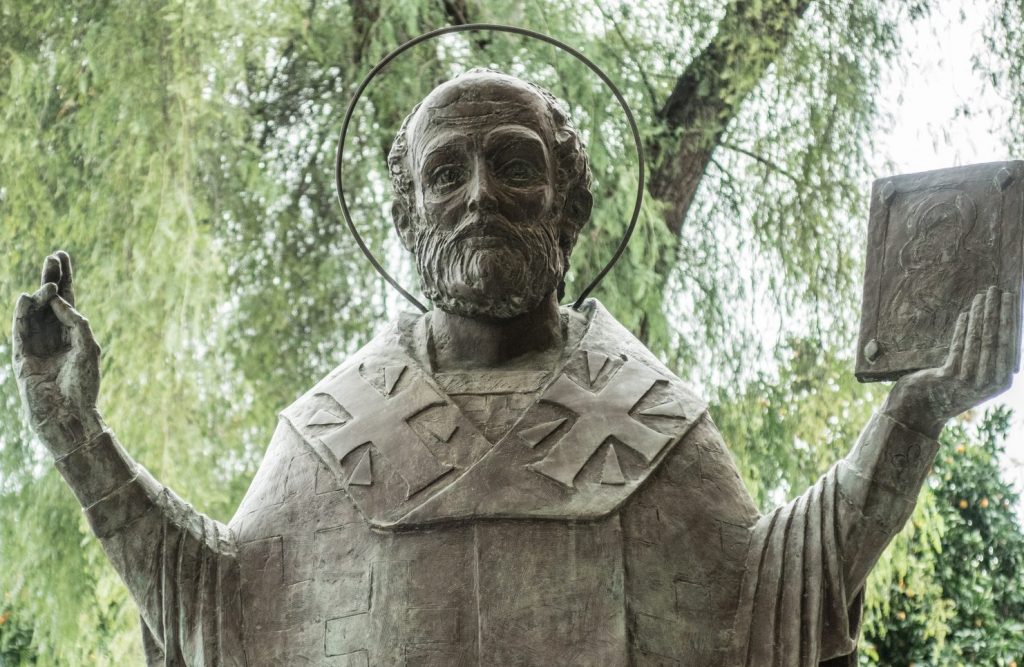No matter how much you know about Christianity or how long you’ve adhered to the faith, you should remain inquisitive and be open to growth, says New Testament scholar, professor, and author, Dr. Craig Evans.
“Questions are important. They are wonderful because, when you ask an honest question, you’re open to new information and the truth.”
Whether one is a skeptic or devout, understanding the need for Jesus’ crucifixion can be bewildering. Addressing the argument that Jesus’ violent death was gratuitous, Craig sets the scene of the crucifixion within its historical context. And he explains that the message of the cross begins at the dawn of humanity.
“From the very beginning, there are some ‘dos’ and ‘don’ts.’ The law is for our own good. God doesn’t just revel in rules, but things are there for our benefit. Humanity has turned its back on God. There are consequences; the beauty is, God said, ‘I will share the consequences.'”
Rather than show cruelty, the violent death and ensuing resurrection of Jesus demonstrate God’s love in a dramatic way in allowing His Son to suffer for us. Craig describes the love of God as a radical concept in the ancient world.
“What God was saying is, ‘I love humanity, and I want to redeem humanity, and I will take risks. If it means Jesus dying on the cross, I will go that far.’ No god outside of the God of Scripture believed that people were made in God’s image – gods in antiquity would not go that far. It’s only in the Judeo-Christian tradition that God speaks of humans with love and speaks for their benefit.”
While God set laws in place, He still came down to help struggling humanity, and to restore us to Himself. That is the message the world needs to hear.
Dr. Craig Evans is the John Bisagno Distinguished Professor of Christian Origins at Houston Baptist University. He is a sought-after biblical scholar and New Testament expert. His books and teaching have encouraged many.
Your unanswered questions: Part 1





















